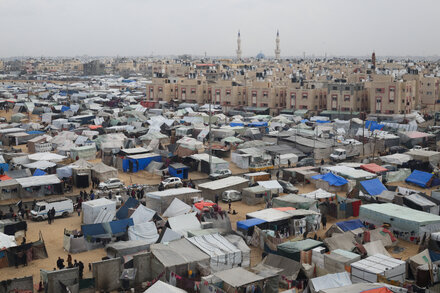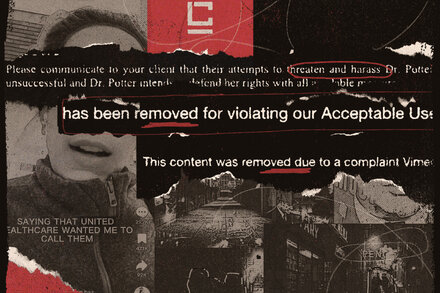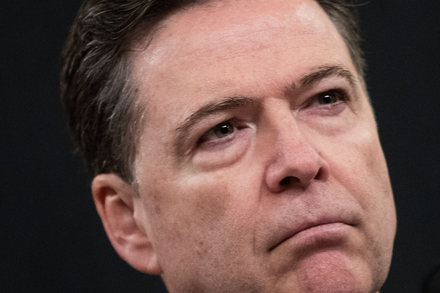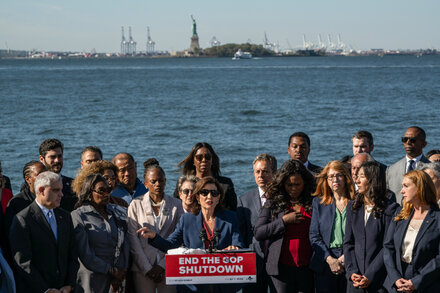The Trump administration’s foreign policy aggressively intertwined the fight against drug cartels with its stance on Venezuela, often employing “war” rhetoric. This approach included significant indictments and a “maximum pressure” campaign against the Nicolás Maduro regime.

The intersection of former President Donald Trump’s administration policies, the activities of drug cartels, the political landscape of Venezuela, and the language of “war” formed a complex and often contentious narrative during his presidency. Central to this discussion were aggressive U.S. actions against Venezuelan officials, including President Nicolás Maduro, alongside a broader stance against transnational criminal organizations.
The 2020 “Narco-Terrorism” Charges Against Maduro
A significant development came in March 2020 when the U.S. Justice Department unsealed indictments against Venezuelan President Nicolás Maduro and 14 other current and former Venezuelan officials. The charges included narco-terrorism, drug trafficking, and money laundering. U.S. authorities accused Maduro and his associates of operating a “narco-terrorism partnership” with the Revolutionary Armed Forces of Colombia (FARC), a designated foreign terrorist organization, to flood the United States with cocaine.
“The Venezuelan regime, once led by Nicolás Maduro, is awash in corruption and criminality,” then-Attorney General William Barr stated at the time. “The people of Venezuela deserve a free and democratic government, and the United States will continue to stand with them until that day comes.”
A $15 million reward was offered for information leading to Maduro’s arrest, and $10 million for several of his co-defendants, including Diosdado Cabello, the head of Venezuela’s National Constituent Assembly, and Tareck El Aissami, then-Minister of Industry and National Production.
Venezuela: A Target of “Maximum Pressure”
The indictments were part of a broader “maximum pressure” campaign by the Trump administration aimed at ousting Maduro, whose 2018 re-election the U.S. deemed illegitimate. The administration recognized opposition leader Juan Guaidó as Venezuela’s interim president and imposed extensive economic sanctions on the country’s oil industry, gold sector, and numerous government officials and entities.
These measures were intended to cripple the Maduro regime’s financial lifelines and force a transition to democracy. U.S. officials repeatedly emphasized that all options were on the table regarding Venezuela, a phrase often interpreted as not ruling out military intervention, though such actions never materialized.
“The United States will use the full weight of its economic and diplomatic power to press for the restoration of democracy in Venezuela,” then-Secretary of State Mike Pompeo affirmed in public remarks, underlining the administration’s resolve.
The “War” on Drugs and Narco-Terrorism
The Trump administration’s rhetoric often framed its actions in terms of a “war” — specifically, a renewed emphasis on the “war on drugs” and combating “narco-terrorism.” The designation of senior Venezuelan officials as “narco-terrorists” marked a significant escalation, merging the issues of drug trafficking with national security threats. This approach aimed to underscore the perceived danger that certain foreign regimes and criminal organizations posed to U.S. interests and public health.
While the administration also considered designating certain Mexican drug cartels as foreign terrorist organizations, a move that could have opened the door to military action, it ultimately did not proceed with that formal designation. However, the consistent framing of drug cartels as existential threats and the aggressive stance against foreign governments allegedly involved in drug trafficking highlighted a robust, often confrontational, approach to these complex geopolitical and criminal challenges.
Source: Read the original article here.





